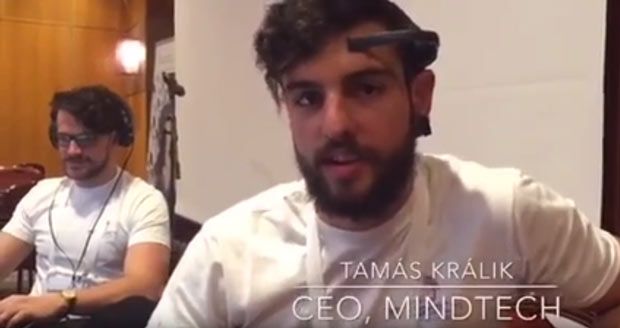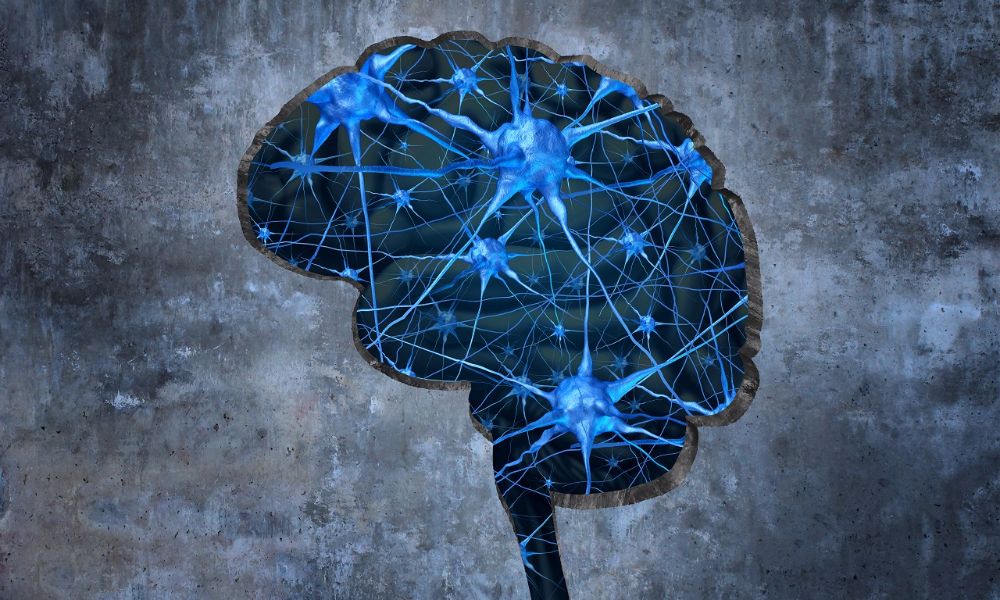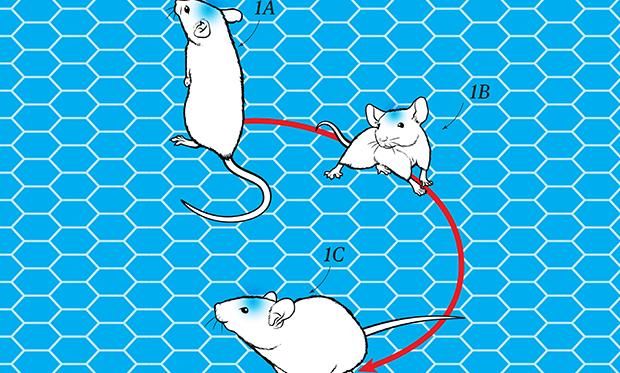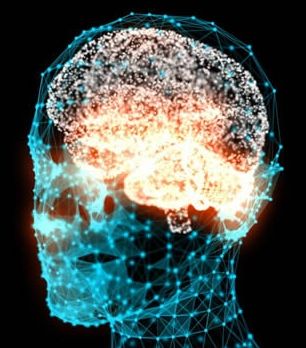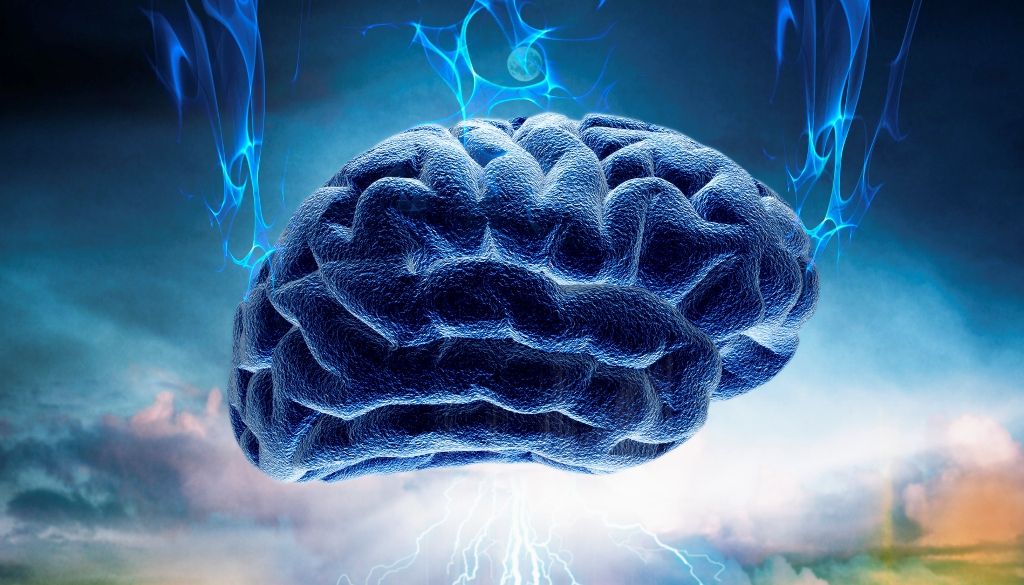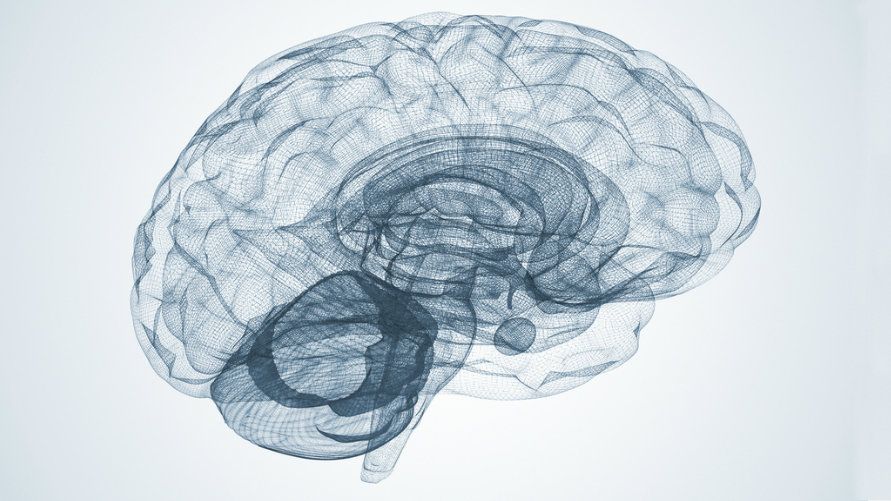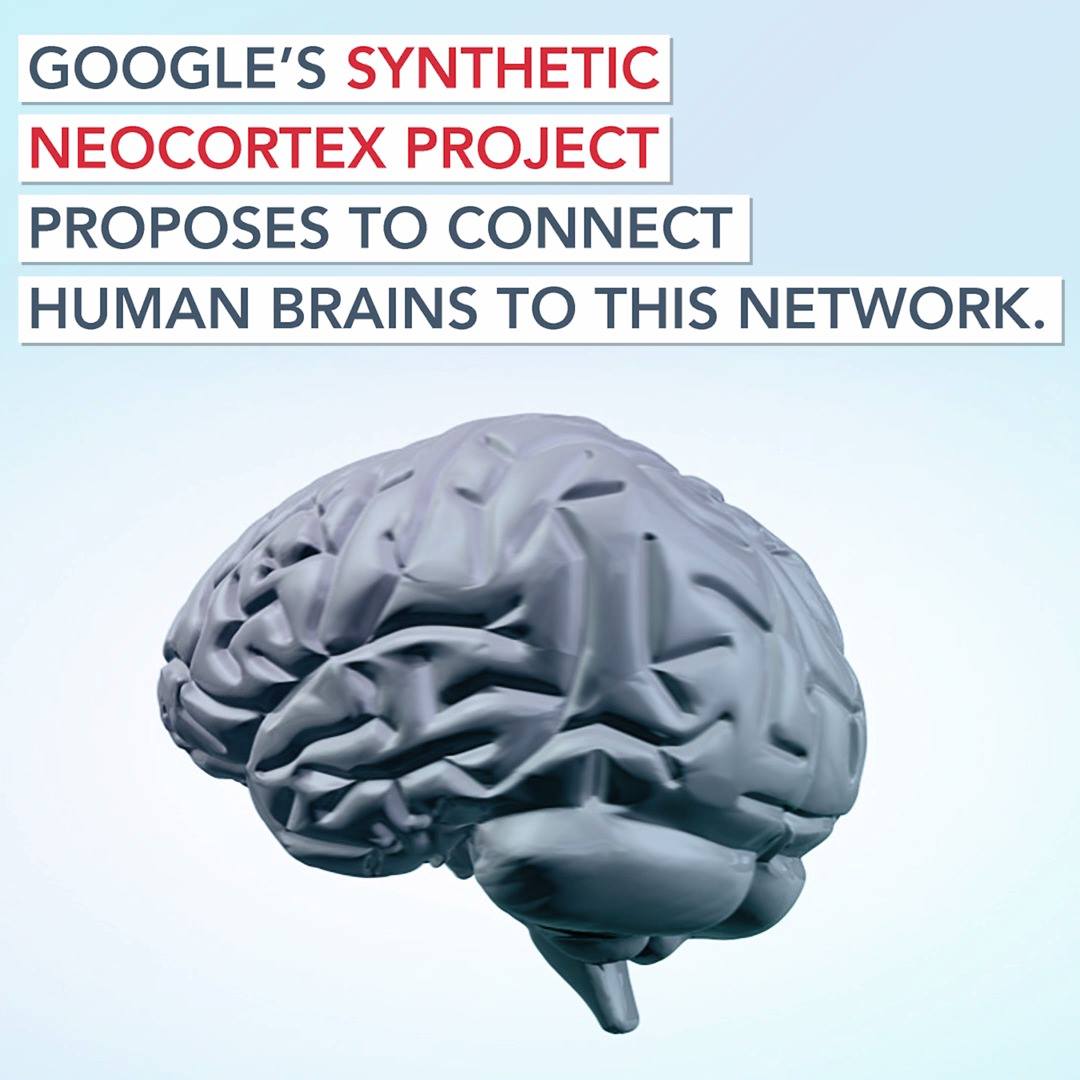Archive for the ‘neuroscience’ category: Page 905
Nov 30, 2016
China’s Former Richest Man Turns His Mind to Neuroscience
Posted by Karen Hurst in category: neuroscience
Wonder if Gates or Musk will do this.
Strategic investment in brain research will help Chinese enterprises push back the frontiers of scientific progress.
Nov 29, 2016
Depression Treatment
Posted by Matthew White in categories: biotech/medical, neuroscience, wearables

https://youtube.com/watch?v=melzXkH8KPY
The Happy Headband. Take my money.
The Fisher Wallace Stimulator® is a wearable neurostimulation device that is cleared by the FDA to treat depression and anxiety. During each 20-minute treatment session, the device gently stimulates the brain to produce serotonin and other neurochemicals that reduce depression and anxiety (and support healthy mood and sleep). The device has been proven to be safe and effective in multiple published studies conducted at top institutions such as Mount Sinai Beth Israel Hospital.
Nov 28, 2016
Neuroscientists Wirelessly Control the Brain of a Scampering Lab Mouse
Posted by Karen Hurst in categories: genetics, neuroscience
Nov 28, 2016
Brain Activity Predicts the Force of Your Actions
Posted by Karen Hurst in categories: biotech/medical, neuroscience
Summary: Researchers have discovered a link between nerve clusters in the brain and the amount of force generated by a physical action.
Source: Oxford University.
Researchers have found a link between the activity in nerve clusters in the brain and the amount of force generated in a physical action, opening the way for the development of better devices to assist paralysed patients.
Nov 28, 2016
Mystery of bleary-eyed astronauts may be cleared up with spinal fluid study
Posted by Karen Hurst in category: neuroscience
Scientific Method —
Mystery of bleary-eyed astronauts may be cleared up with spinal fluid study.
Small study finds fluid that cushions the brain floods eye cavities in microgravity.
Continue reading “Mystery of bleary-eyed astronauts may be cleared up with spinal fluid study” »
Nov 28, 2016
Researchers may have uncovered an algorithm that explains intelligence
Posted by Shane Hinshaw in categories: information science, mathematics, neuroscience, robotics/AI
What if a simple algorithm were all it took to program tomorrow’s artificial intelligence to think like humans?
According to a paper published in the journal Frontiers in Systems Neuroscience, it may be that easy — or difficult. Are you a glass-half-full or half-empty kind of person?
Researchers behind the theory presented experimental evidence for the Theory of Connectivity — the theory that all of the brains processes are interconnected (massive oversimplification alert) — “that a simple mathematical logic underlies brain computation.” Simply put, an algorithm could map how the brain processes information. The painfully-long research paper describes groups of similar neurons forming multiple attachments meant to handle basic ideas or information. These groupings form what researchers call “functional connectivity motifs” (FCM), which are responsible for every possible combination of ideas.
Continue reading “Researchers may have uncovered an algorithm that explains intelligence” »
Nov 28, 2016
Future schools could test a student’s DNA to predict their success
Posted by Carse Peel in categories: biotech/medical, education, genetics, neuroscience
Our DNA encodes a complex biological blueprint for our lives.
Every toenail, artery, and brain cell we grow is meticulously planned and executed through our DNA’s unfathomably complex genetic instructions.
Recent genetics research has focused on how DNA may affect a person’s education, a field known as ‘educational genomics’.
Continue reading “Future schools could test a student’s DNA to predict their success” »
Nov 27, 2016
This Nifty Infographic Is a Great Introduction to Neuroplasticity and Cognitive Therapy
Posted by Elmar Arunov in categories: innovation, neuroscience
Did you know you can rewire your brain? Neuroscientific research breakthroughs are revealing fascinating new truths about the malleability of our brains and, thus, the malleability of ourselves as well.
